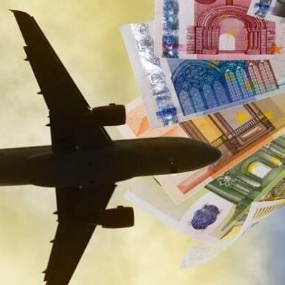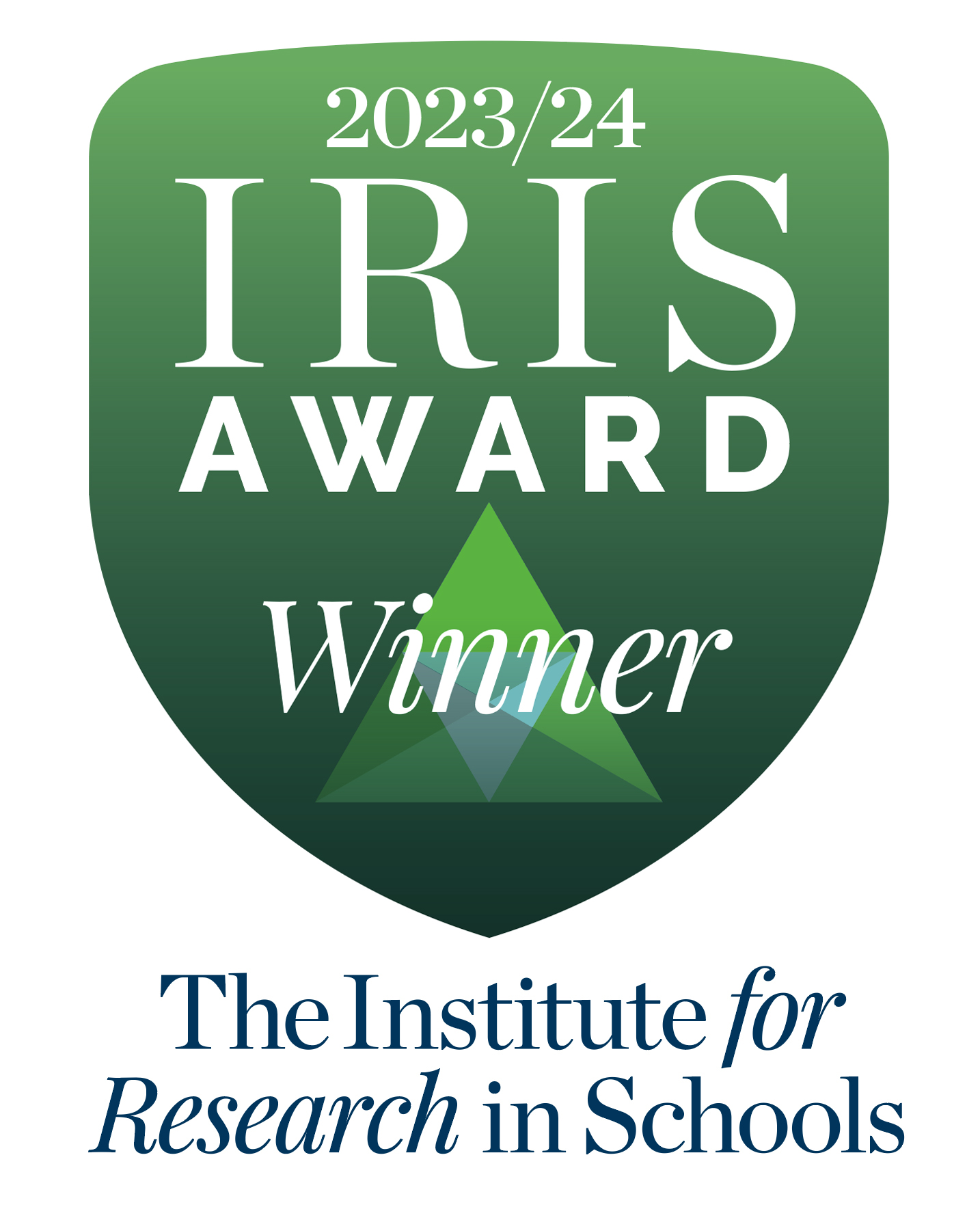Travel Currencies 💱

Foreign Travel Currencies
By Isla Bagshaw
A guide on how to exchange your money when travelling abroad or away this summer!
Exchanging money into a different currency is never easy, so the first thing you need to do is your research.
Currency websites are the best things to look for when searching on google or other search engines. These currency websites offer many different currency exchanges so you can easily find the currency of where you are heading. If you do not know what the currency of the country you are going to is, the best place to search is google or any other search engine. When looking at exchange sites never exchange in the first place or website you see. Different websites offer different exchange rates, so you need to find the best place, also exchange rates change every day due to inflation and other things so the best thing to do is check on the upcoming days to see which place is the best and how dramatically their rates change, and finally sometimes the bank you are with can offer you a competitive rate to keep your custom.
Exchanging
When exchanging there are many ways to do it and here are the most popular options.
The most common ways are hard cash, travel card and debit card. Let me explain all these different options: Hard cash, hard cash is where you go to a travel bureau in a shop e.g., supermarkets and the post office or online and you are given back physical cash in the currency of your choice so you can clearly know how much you have. Travel card, travel cards are pre-paid, and you load them with cash before you travel so you can use it like a normal debit card. A big advantage to this is you can choose to exchange cash in advance, locking in an exchange rate, rather than getting an exchange rate when you spend. This means you know your set budget when you are going to spend. Debit card, debit card is when you take your normally used bank card and just spend it abroad like you normally do, since the money will come out of your bank account at the exchange rate then and there. Although this may seem good, there are disadvantages of this, not only could you lose your card and access to all your money, but the exchange rate may also be worse whilst your away and in a lot of cases most banks will apply an additional charge for every transaction you make whilst abroad. Another thing to have in mind when you are exchanging is that the exchange rate when you are back from your holiday may be lower so you could get less money back than what you paid so don’t order excess currency than you need.
Returning
When you return from your holiday you may have some excess cash and you might not be sure what you want to do with it. You could keep the cash or transfer it back to the national currency. If you are thinking of keeping the money and saving it, that would be the best option if you are planning to travel to a country that uses the same currency again or if you travel to the same country frequently. If not the best thing to do is to exchange it back to your national currency so you can still spend it. If you are thinking of transferring back to the national currency here are some things to keep in mind. When exchanging the buyback rate is normally lower so you will get less money back than you expected and you won't get as good a rate as before.





